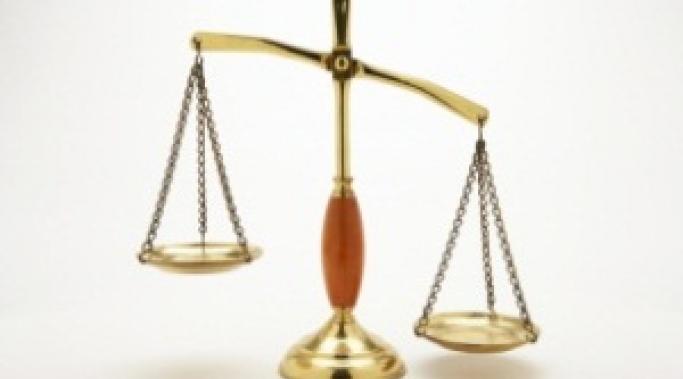Blogs
One day in 2001, I recorded in my journal: "I don't know why I am so angry." Hindsight is 20/20 (or maybe the "hindsight bias" is at play). Either way, by piecing together the evidence from my journals, I was angry because my abuser:
dishonored the goals I set for myself, following only his own
ignored my thoughts or feelings when planning "our" life together
demanded I raise our children by his rules, as if he were their only parent
and on and on...
In short, I was angry because he denied that "I" existed. "I" meant so little to him that he wanted to pretend he was the only person in our "relationship".
I’ve written about what to do when your doctor gives up on you and while I consider this to be unacceptable, it does happen. And you have to deal with it.
But sometimes, you need to give up on them.
Sometimes you need to fire your doctor.
My therapist said to me today, "This is your recovery."
Each person is unique, and that includes people with eating disorders. There may be a checklist of symptoms, but how an eating disorder manifests itself in each person is different. It is logical that each person's recovery process from an eating disorder also would be unique.
Then why do I find I compare myself to others in recovery and often feel I come up lacking?
Continued from Part 1
As you may have guessed, the large dog, startled by the remote control car fast approaching it, bolted--knocking its elderly owner off her feet and dragging her along the sidewalk before she was able to regain control of it. (The only witnesses to this were the kids, the victim, and the dog--but the victim's neighbor came to our door the next day looking for the glasses she lost in the scuffle and reported she was "pretty bruised and scraped up.")
The predictability of domestic abuse is, overall, easy to see; but case-by-case, domestic abuse eruptions are unpredictable. The predictability of domestic abuse exists because you know that the abuse will happen again, following a pattern; the unpredictability is in when it will occur.
When mental illness meets recovery, does community matter?
You bet it does.
I just returned from a meeting with my son's new support team. This meeting was demanded by the the Wicked Witch (me, in this case), who was upset with the way the transition was handled from group home to supervised independent housing. In the space of two weeks, I've seen signs that Ben is lost, lonely, unmotivated, forgetful, swinging from depressed to hyper, and probably not taking his meds when he can get away with it. Schizophrenia still looms underneath all the progress he's made.
Back and forth went the conversation, over and over again.
me: Where was the support for Ben's transition from 24/7 supervision to independent living?
Since this is a blog on “Addiction” I thought it would be important to discuss the diagnostic criteria and terminology the Diagnostic and Statistical Manual of Mental Disorders (DSM-IV) uses, because the current manual does not include the word “addiction.” The current manual uses substance abuse and substance dependence. For the definitions and criteria on what substance abuse and dependence is see here.
It is sometimes hard to maintain a positive body image and stay in recovery during the "bikini season." HealthlyPlace blogger Angela E. Lackey talks about how to stay with recovery during a time of year when people are flooded with messages about dieting and having the "perfect body." Watch here:
As parents, most of us understand we are responsible for our children--for providing food, clothing and shelter, as well as making sure they are educated, receive necessary medical attention, and learn to conduct themselves in a manner consistent with social mores.
But most parents are unaware they can be held responsible for criminal acts perpetrated, or damages caused, by their children, regardless of their efforts to prevent their children from committing such acts.
It was tempting to assume a worst-case scenario, or catastrophize the situation. Would I lose my job as a freelancer? How would I pay for a new computer? What would I do in the meantime? Sound familiar? Many people with BPD can see things as a lot worse than they actually are, which can trigger other psychiatric symptoms.







